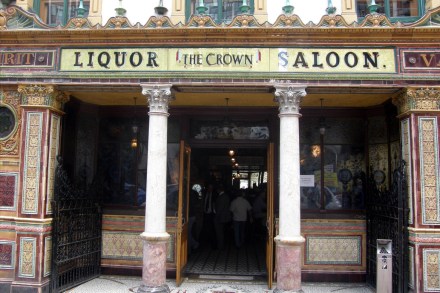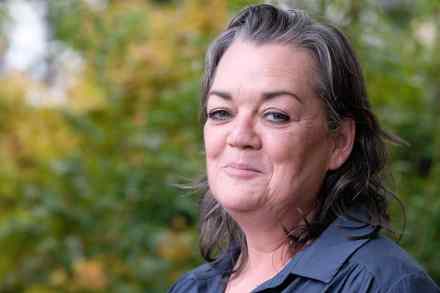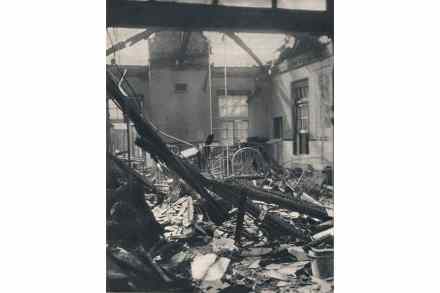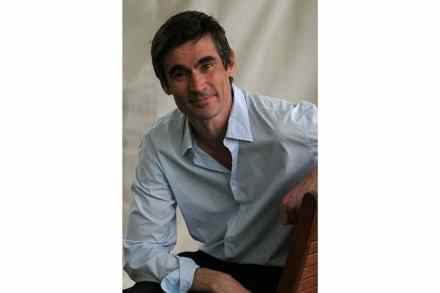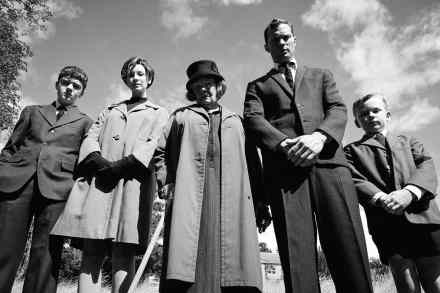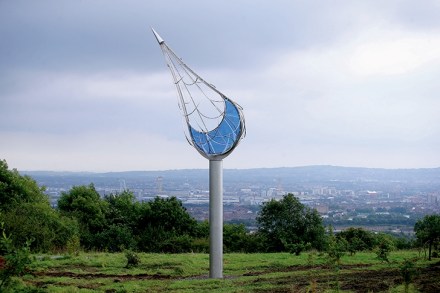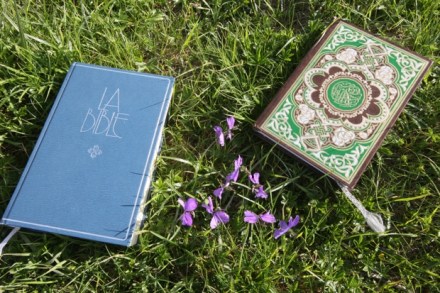Justice in war is messy
At the end of last month, a judge in Belfast issued a verdict that was both right and wrong. The case related to a man known to the public only as ‘Soldier F’. He was one of the members of the Parachute Regiment involved in the events of the day in January 1972 that became known as Bloody Sunday. That day 13 members of the public were shot dead during a civil rights march in Londonderry that turned violent. The precise details are probably more heavily documented than those of any other day in history thanks to the Saville Inquiry, which became the longest and costliest legal inquiry in British


